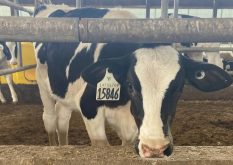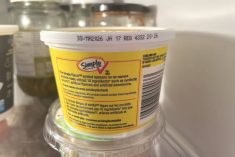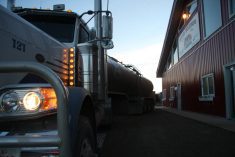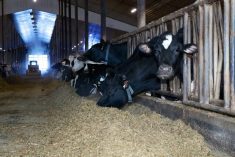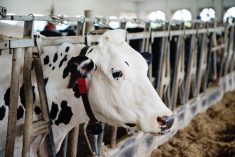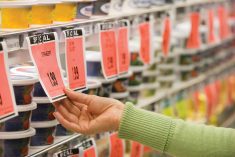Glacier FarmMedia – After turning “unused milk sugar” into a popular line-up of vodka and cream liquors, Ontario’s Dairy Distillery has achieved another milestone — carbon neutral production.
The Ottawa-area maker of Vodkow is already well known to many Albertans as the province is the company’s second biggest market after Ontario.
It makes vodka from milk permeate that is separated during dairy processing and is typically discarded or used for animal feed. Once combined with a natural yeast that converts lactose sugars into alcohol, the resulting milk wine can be distilled into vodka.
Read Also
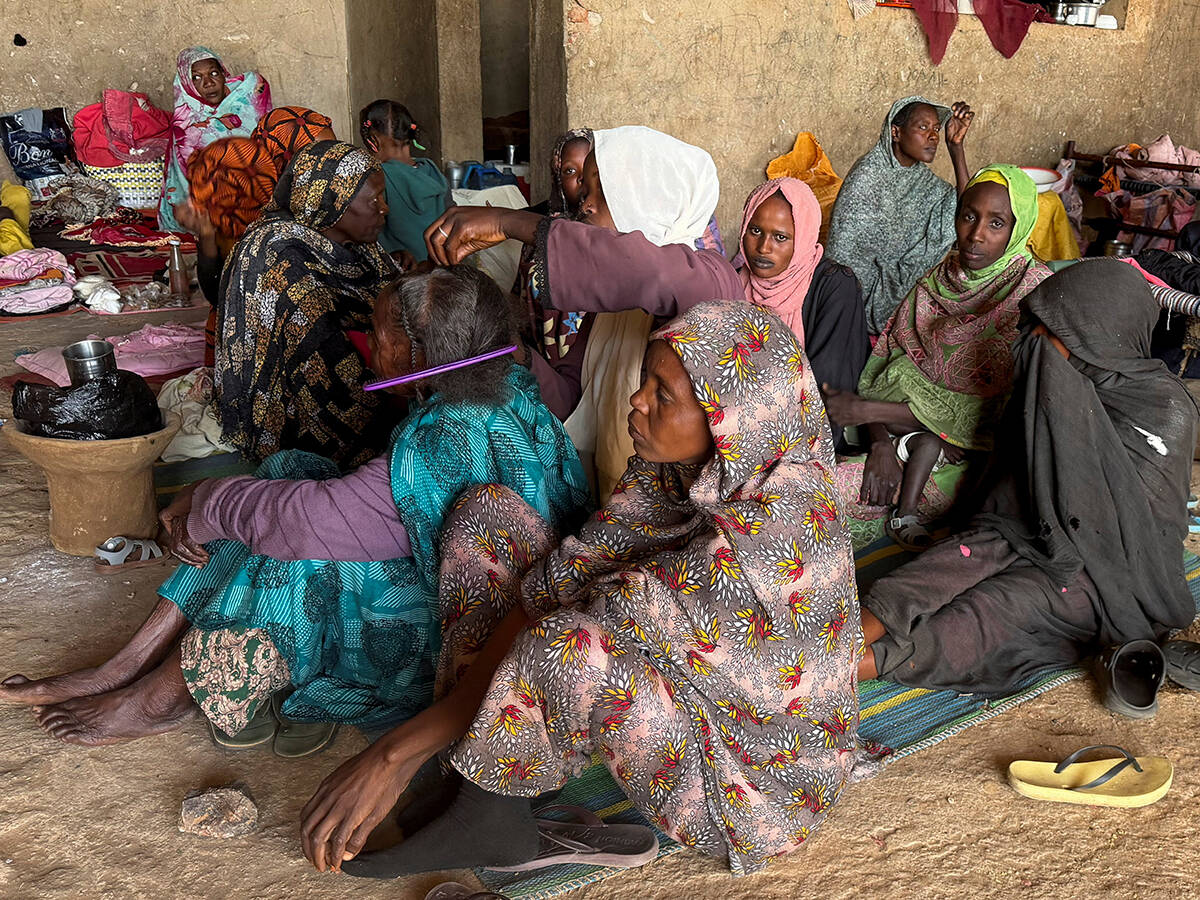
‘Millions will die’: Foodgrains Bank faces $2.7B federal funding threat
Foodgrains Bank warns $2.7B aid cut triggers a humanitarian crisis, risking global hunger relief and 40 per cent of its funding.
“We upcycle 3.7 kilograms of milk permeate to make each bottle of Vodkow vodka,” said co-founder Neal McCarten.
Naturally lactose-free, Vodkow cream liquors are made with 100 per cent Canadian cream and sport the Dairy Farmers of Canada’s Blue Cow logo, making it the first spirit product in Canada to have it.
McCarten said the logo is a point of pride for Vodkow and a significant marketing advantage, helping to differentiate the product and gain new markets including the U.S. (Since Vodkow is alcohol and shelf stable, and isn’t considered a food product, the company has successfully exported the drink to the U.S. using a California distributor.)
Ontario alcohol sales and sampling regulations have opened marketing opportunities at consumer events and retail locations.
“More direct sales channels for spirits, like farmers markets, are also allowing us to engage new customers,” said McCarten. “Everyone loves to try a taste and it’s one of our most successful sales tactics.”
The company sources flavours for cream liquors close to home. Maple syrup, chocolate and coffee all come from local businesses in its home community Almonte, a former mill town south of Ottawa. The oranges used for their orange-flavoured liquor are ‘seconds’ or fruit that would otherwise be wasted.
Developing a new use for milk permeate was the first step to improving the product’s sustainability and producing the carbon neutral vodka.
The distilling process is key to a sustainable dairy value chain, but glass manufacturing is the single largest contributor to the carbon footprint of a bottle of vodka, said McCarten.
“Since the carbon footprint is proportional to the weight of the bottle and a bottle of Vodkow weighs, on average, 50 per cent less than other glass vodka bottles, our carbon footprint is smaller than other vodkas.”
A lighter bottle also means less glass ends up in landfills or recycling plants.
In 2019, Dairy Distillery performed a lifecycle analysis of Vodkow vodka’s carbon footprint in accordance with the ISO 14021 standard. It is one of only a few distilleries in Canada to publish a carbon assessment accounting for the carbon associated with all aspects of its process and report the carbon footprint per bottle: 1.56 kg of CO2.
“Sustainability is core to our product,” said McCarten. “We believe our carbon neutral vodka, lighter packaging and efficient production makes Vodkow cream liquors among the most sustainable on this planet.”



